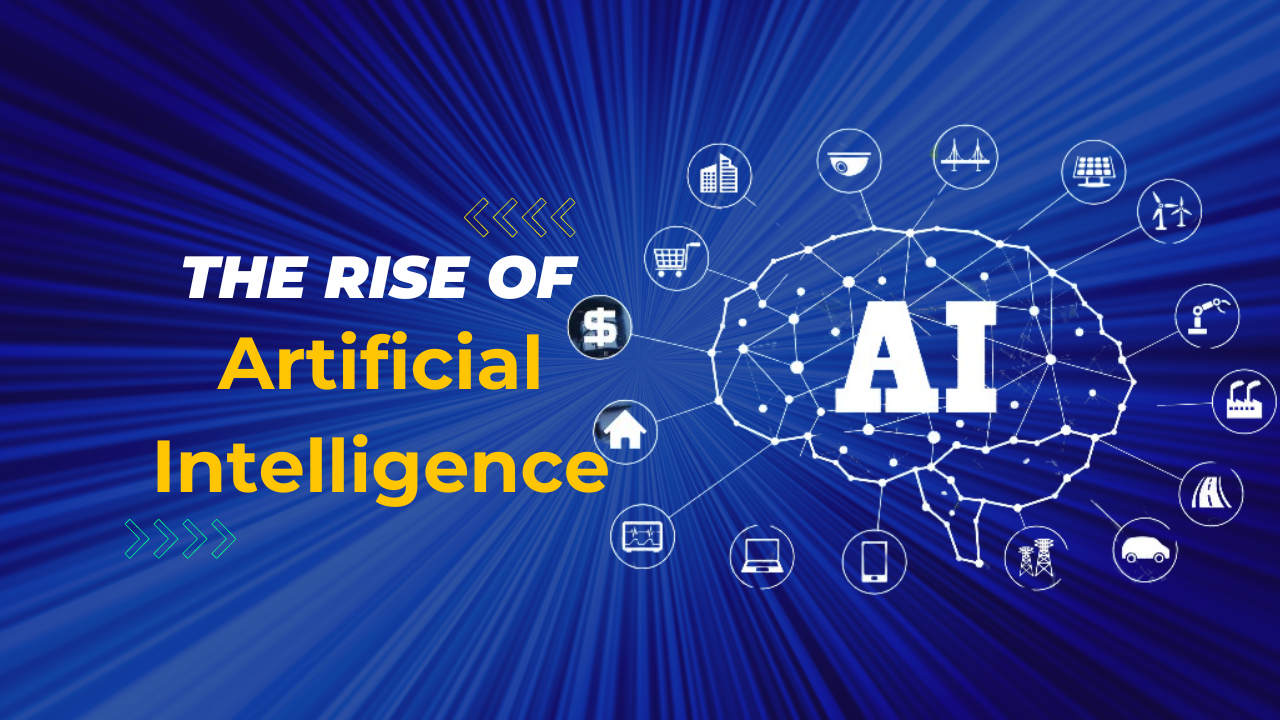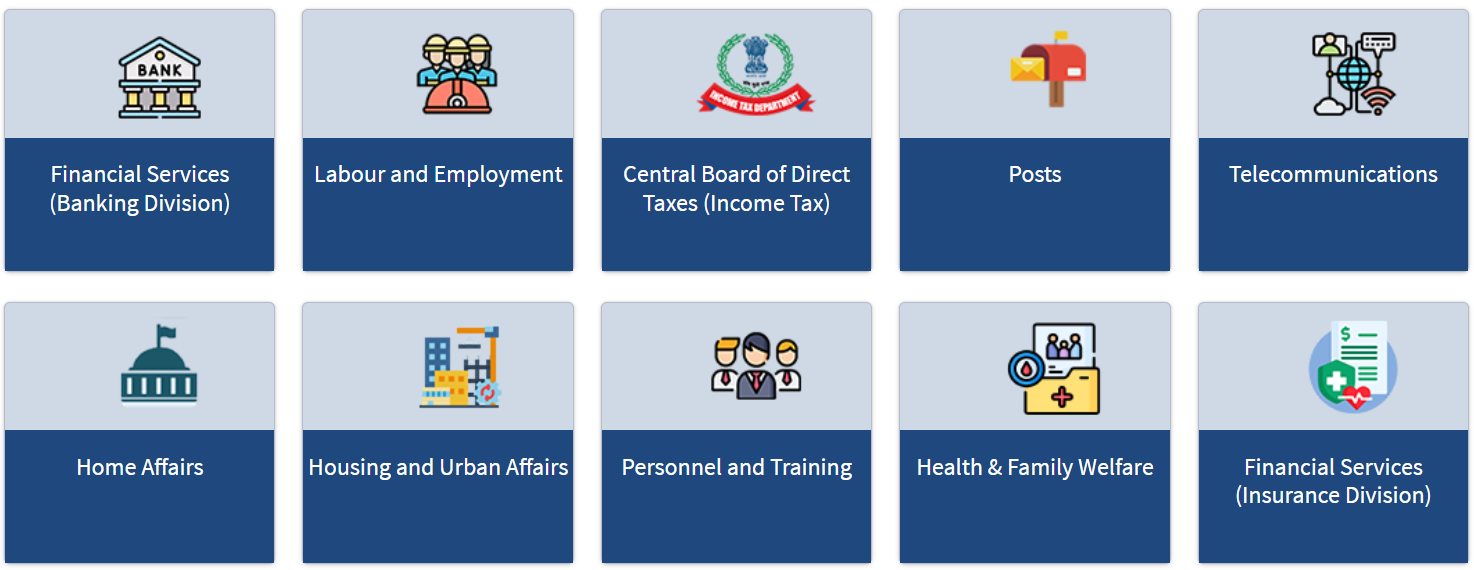Just a short time before, Artificial Intelligence only existed in science fiction. Walking, Talking, acting like us (although lacking in emotion) or super-powerful computers that may or may not have had our best interest at heart.
Today AI is so much interacting and becoming an integral part of everyday life. But how have we got here? And what is the exact meaning of when we talk about the importance of AI in 2024?
It is very crucial for us to understand as AI touches more areas of our lives and impacts society in new ways. The concept of AI has existed for far longer than the technology has. As many investigators have explored, the immediate challenges around AI are ethical, societal, regulatory and cultural. But also, there are some deep and dark facts about AI.
AI will become more faster, smarter and more integrated with our lives in almost every way we can imagine. I believe that AI in next 10 or 20 years will be an unrecognizable to us today as the early internet of the dial-up modem and Netscape Navigator would be to a kid born in the 2000s and raised on smartphones, Instagram, Snapchat and TikTok.
For many of those who are working and cutting edge-AI today, the aim is to bring us closer to achieving general or strong AI capable of learning to carry out any task, much like a human can.
AI is going to change our lives.
Artificial Intelligence has already changed much of the world as we know it_ from automating systems to improving the decisions we make.
And the most impactful and personal ways AI is changing our world are with in the field of Health Care, where it is being used to diagnose, create personalized treatment plans and even predict patient survival rates.
Also, AI is used in deep learning, NLP, RPA and many more.
In the next 10 to 20 years AI will totally change the world. While some research indicates that AI could lead to significant job cuts as technology automates tasks like interpreting radiologic images, creating fake images, others believe that this is unlikely to be the case.
Artificial Intelligence has a bright future. But it also faces difficulties in several circumstances. AI has a deep impact on Education, Finance, Military and Cybersecurity, Transportation, Advertising and many more.
AI tools show promise for improving healthcare. AI tools help in the prediction of health trajectories, recommend treatments and also helps in diagnosing the diseases.
AI tools:
Artificial Intelligence tools found beneficial in-patient care in following two area:
Clinical AI tools:
Clinical AI tools are helpful in predicting health trajectories of patients, recommending treatments, guiding surgical health care, and supporting population health management.
These efforts to improve the health outcomes of community. These AI tools are at varying stage of maturity and adoption.
Administrative AI tools:
The administrative AI tools shown promise in reducing provider burden. It increases efficiency by optimizing operational processes, recording digital notes and by automating laborious tasks. The administrative AI tools are also at varying stages of maturity and adoption, ranging from emerging too widespread.
AI provides a number of benefits in healthcare from diagnosis to treatment of patients. Many healthcare professionals working with it and patients interact with it every day.
Conclusion:
The use of AI in healthcare is expected to grow significantly in next decade. AI will change the world in next 10 to 20 years and it has already a deep impact on our lives. AI is growing and it is a complicated field.















